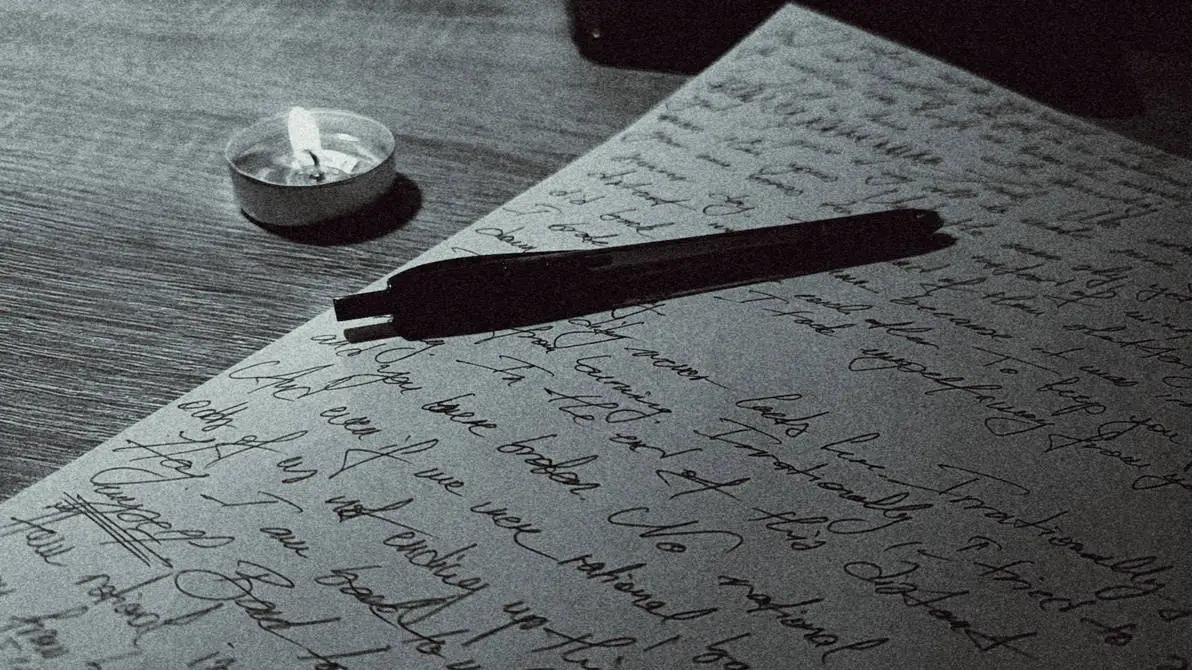
Top 30 Cartoon Characters That Were Villains
Our list rounds up the top 30 cartoon characters that were villains, each one more wonderfully wicked than the last.
Lists, Writer Resources
Flash fiction is one of the most exciting forms in contemporary African literature, enabling writers across the continent to distil culture, memory, politics, and emotion into short, impactful narratives. For […]

Flash fiction is one of the most exciting forms in contemporary African literature, enabling writers across the continent to distil culture, memory, politics, and emotion into short, impactful narratives. For those crafting flash fiction, choosing the right magazine is key to successful publication.
Here are five African literary magazines that accept flash fiction submissions and provide genuine opportunities for visibility.

Lolwe, founded by Troy Onyango in 2020, is a Pan-African literary platform that amplifies voices from Africa, the Caribbean, and the Black diaspora. Publishing fiction, nonfiction, poetry, hybrid writing, orature, drama, translation, and visual art, Lolwe seeks work that challenges conventions, explores identity, and captures contemporary African experiences with originality and depth.
The name itself, taken from Nam Lolwe, the traditional name for Lake Victoria, means “endless water”. The magazine has received over 2,000 submissions, with an acceptance rate of less than eight per cent.
Prose submissions should be 1,000–10,000 words, poetry submissions include 3–5 poems, and visual art requires 5–10 images with 200–500 word descriptions. Submissions are managed through Submittable, and accepted work receives modest remuneration.

Founded in 2019 by Bronwyn Bowles-King, JAY Lit publishes work by, about, and for Africans aged 15–35. The magazine features poetry, short stories, flash fiction, creative nonfiction, plays, visual stories, and comic or graphic storytelling in any African language. It emphasizes youth perspectives and African cultural expression.
Short stories should be 1,000–4,000 words and flash fiction 250–1,000 words. Submissions go in a single Word document with identifying information removed, along with a cover letter and short bio. While the magazine does not offer direct payment, selected works may receive awards: poetry winners get $25, and fiction or nonfiction winners receive $50.

Omenana Speculative Fiction Magazine, founded in 2014, centers African-rooted speculative genres (fantasy, science fiction, horror, and magical realism) explored through art, fiction, and nonfiction. The magazine’s name, “It’s the tradition,” in Igbo underscores its mission to ground imaginative storytelling in African cultural heritage.
Short fiction should be no more than 5,000 words, flash fiction no more than 1,000 words, and creative nonfiction or essays up to 3,000 words. All work must be submitted by email as a single attachment with a cover letter, a brief bio, and a profile photo. Simultaneous submissions are not accepted. Accepted stories receive $20.

Founded in 2017, Writers Space Africa is an inclusive platform amplifying African voices. It publishes poetry, short stories, flash fiction, children’s literature, and creative nonfiction, often exploring migration, identity, home, and social issues.
Short stories should be up to 1,500 words, creative nonfiction up to 1,200 words, flash fiction up to 300 words, children’s literature up to 700 words with optional illustrations, and poetry up to 24 lines. Authors should submit to one category only and retain full copyright.
Submissions are managed through the magazine’s online portal. Payment is not publicly specified, but the magazine emphasizes exposure and community building.

Sankara Africa Review is a Pan-African magazine that engages with African identity, culture, and social issues through publishing literary fiction, essays, reviews, flash fiction, and poetry. Named after revolutionary Thomas Sankara, it explores contemporary Pan-African thought.
Flash fiction submissions should be 300–1,000 words via email, with a short bio of approximately 100 words. Guidelines for other genres vary depending on the current call. Payment is not publicly listed, and writers are encouraged to contact the editorial team.
African literary magazines increasingly welcome flash fiction submissions, offering vital platforms for concise, meaningful storytelling. Choosing the right publication can amplify your work’s reach, so what’s the decision going to be?
Timiebi Anthony is a content writer specializing in food journalism, culture, and storytelling. She creates research-driven content across lifestyle, SEO, and creative writing, with a focus on clarity and audience connection. Currently pursuing an English degree, Timiebi blends academic insight with practical expertise to deliver compelling narratives.

Our list rounds up the top 30 cartoon characters that were villains, each one more wonderfully wicked than the last.

DC is great at making comics and animated movies, while the MCU has the upper hand in its cinematic aspects

Discover the best apps to read books for free in 2025. Access thousands of free e-books and audiobooks on your phone or tablet. ...

There are some outright funny cartoon characters who exist solely to crack you up, loud, hard, and with zero apology.

Things Fall Apart is for the colonizers as well as the colonized, helping to understand the role of colonialism in the realization...

While many of the Nollywood movies on our list are quite old, it’s a testament to the capabilities of the industry’s p...

While this isn’t an exhaustive list, it comprises some of the most popular mythical creatures from around the world.